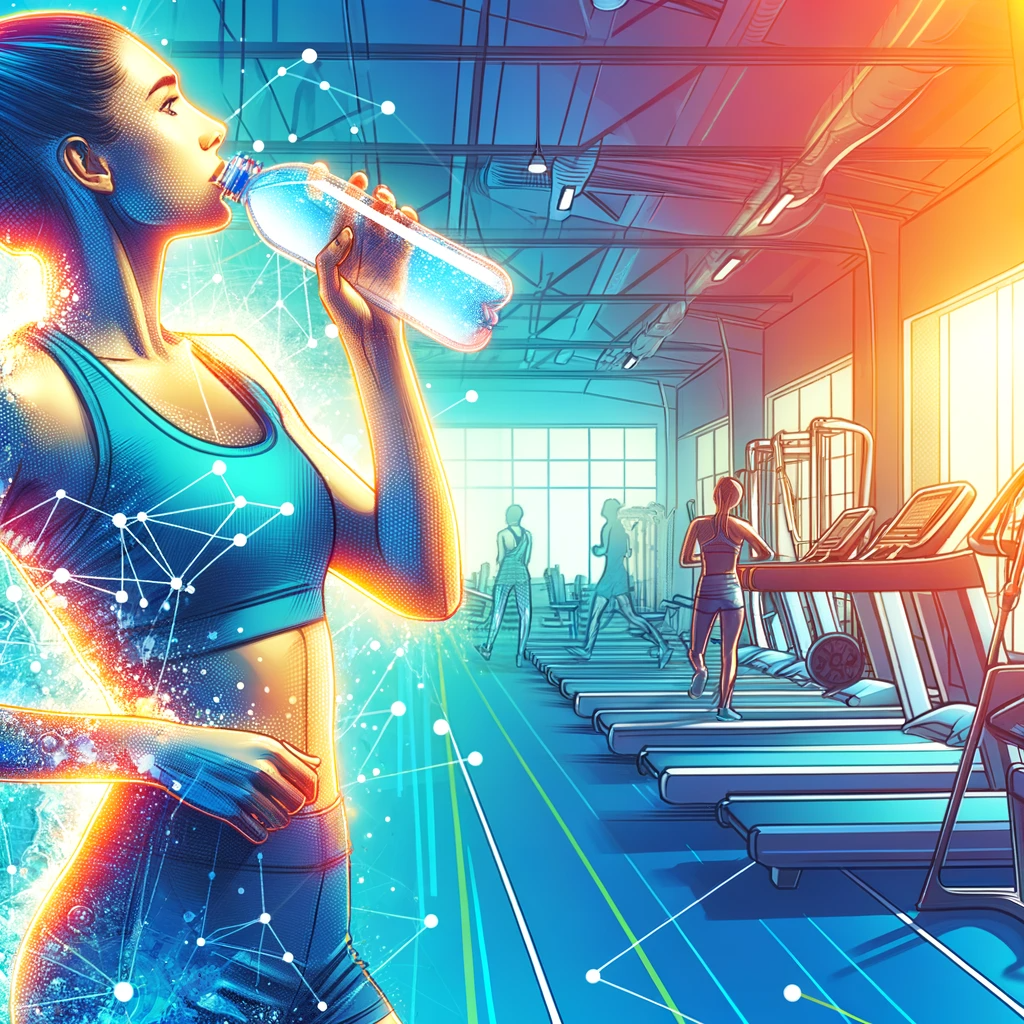
Quenching Your Fitness Journey: The Science of Hydration with Training With Ty
Embarking on a fitness journey in the vibrant community of Sarasota, Florida, calls for more than just a robust workout routine. Proper hydration is a key component that often gets overlooked. As your personal trainer, I’m here to dive into the basics of hydration, the latest scientific insights, and dispel common myths surrounding staying adequately hydrated.
The Basics:
a. Water, Water, Water: The foundation of hydration is, of course, water. Adequate water intake is crucial for maintaining bodily functions, supporting cellular processes, and regulating body temperature.
b. Tailored Hydration: Individual needs vary based on factors such as age, weight, activity level, and climate. As a resident of Sarasota, where the sun often shines, it’s essential to adapt your hydration strategy to the local weather and your unique lifestyle.
c. Pre-Workout Hydration: Hydrating before a workout is vital for optimal performance. Aim to drink water at least 30 minutes before exercise to ensure your body is adequately fueled.
d. During-Workout Hydration: Sipping water throughout your workout helps maintain fluid balance and prevent dehydration. For more intense or prolonged exercises, consider incorporating sports drinks that provide electrolytes to replenish what’s lost through sweat.
e. Post-Workout Rehydration: Rehydrate after your workout to replace fluids lost during exercise. Water, along with a balanced meal containing electrolytes, can aid in recovery.
f. Electrolyte Balance: Electrolytes, including sodium, potassium, and magnesium, play a crucial role in hydration. These minerals help regulate fluid balance, muscle contractions, and nerve signals. Incorporating electrolyte-rich foods and drinks into your diet can help hit your goals.
g. Hydration and Performance: Optimal water consumption positively impacts exercise performance. Dehydration can lead to fatigue, reduced endurance, and impaired cognitive function. Staying properly hydrated supports your body’s ability to push through challenging workouts.
Hydration Myths – Debunked
a. “Thirst is not a reliable indicator of dehydration”: Myth. Thirst is a clear signal from your body that it needs more water. Listen to your body’s cues and drink water when you feel thirsty.
b. “More water is always better”: Myth. While staying hydrated is crucial, excessive water intake can lead to a condition called hyponatremia, where sodium levels become dangerously low. Balance is key.
c. “Coffee and tea are dehydrating”: Myth. While caffeine can have a mild diuretic effect, moderate consumption of coffee and tea can contribute to overall fluid intake and doesn’t necessarily lead to dehydration.
In the sun-kissed realm of Sarasota, proper hydration is a cornerstone of your fitness journey. As your personal trainer, I am committed to guiding you through the science-backed principles of hydration, ensuring that you not only quench your thirst but also optimize your performance and overall well-being. Let’s raise a glass to your health, fitness, and the science of staying hydrated on this transformative journey together!
Looking to improve your health and wellness in 2024? Let’s make a new year’s resolution that will last!

